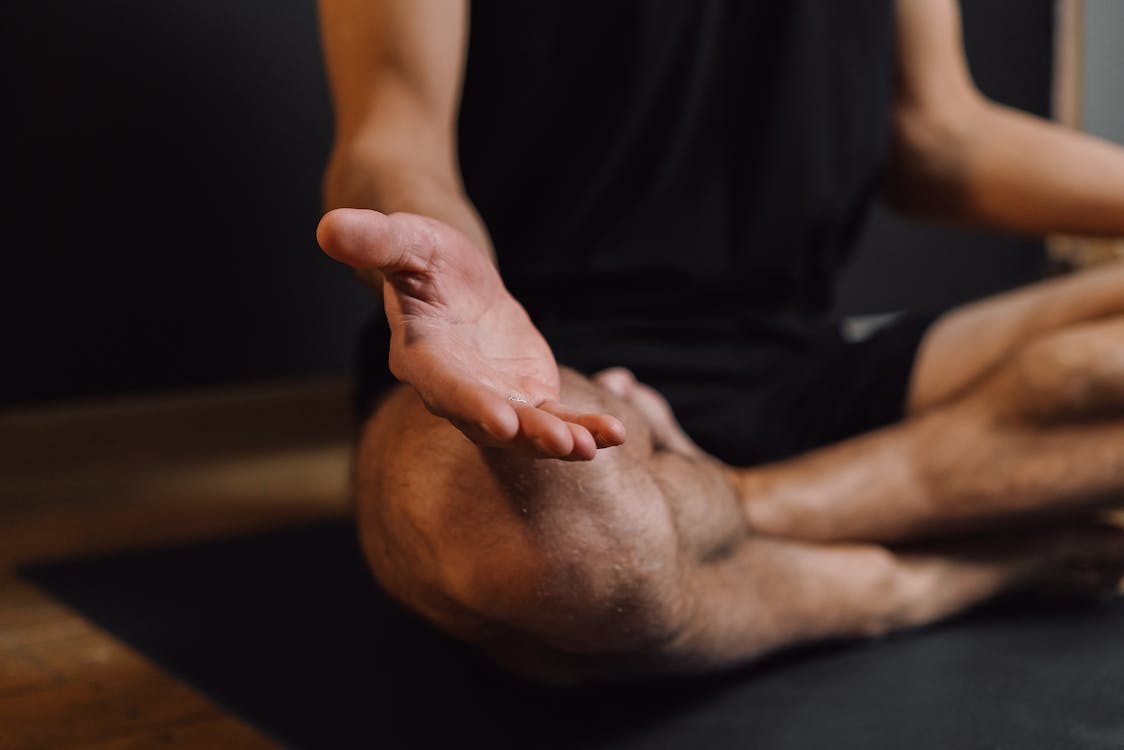
Embracing Change: The Role Of Spirituality In Letting Go Of The Past
Embracing change is a transformative journey in addiction recovery, and spirituality can provide invaluable guidance and support along the way. In this comprehensive article, we will delve deeper into the role of spirituality in letting go of the past and explore alternative strategies to substance use. We will address common misconceptions, provide insights from experts at Changes Rehab, and answer frequently asked questions to empower individuals seeking a path of healing and transformation.
- What is the role of spirituality in addiction recovery? Spirituality can provide a sense of meaning and purpose, offering individuals a higher power to lean on during challenging times. It can help foster hope, inner strength, and a connection to something greater than oneself.
- How does spirituality help in letting go of the past? Spirituality encourages individuals to reflect on their past actions, make amends, and forgive themselves and others. It offers a framework for personal growth, allowing individuals to release guilt, shame, and resentment, and embrace self-forgiveness.
- Is spirituality the same as religion? While spirituality can encompass religious beliefs, it is not limited to any specific religion. Spirituality is a personal and individual experience that involves seeking a deeper connection to oneself, others, and the universe.

- Can spirituality help overcome feelings of regret and remorse? Yes, spirituality provides a path to self-acceptance and healing, allowing individuals to acknowledge past mistakes, learn from them, and make positive changes. It offers a sense of forgiveness and empowers individuals to move forward with their lives.
- How can spirituality support personal growth and transformation? Spirituality encourages individuals to explore their values, set intentions, and engage in self-reflection and self-improvement practices. It can provide a roadmap for personal growth, helping individuals develop healthier habits, beliefs, and perspectives.
- What are some practical ways to incorporate spirituality into daily life? Engaging in practices such as meditation, prayer, journaling, mindfulness, and gratitude can help individuals deepen their spiritual connection. Seeking guidance from spiritual leaders, attending support groups, and participating in spiritual retreats are also beneficial.
- Can spirituality be helpful for individuals with different belief systems? Absolutely. Spirituality is a deeply personal journey and can be practiced regardless of one’s specific beliefs. It is about finding meaning, purpose, and connection in a way that resonates with each individual’s unique perspective.
- Can spirituality help address feelings of emptiness or loneliness? Yes, spirituality offers individuals a sense of belonging and connection to something greater than themselves, which can help alleviate feelings of emptiness or loneliness. It can foster a sense of unity and support in the recovery process.
- Are there any scientific studies supporting the role of spirituality in addiction recovery? Numerous studies have highlighted the positive impact of spirituality on addiction recovery, showing correlations with improved mental health, increased resilience, and enhanced overall well-being. Research indicates that spirituality can be a valuable tool in maintaining long-term sobriety.
- How can addiction counsellors integrate spirituality into their treatment approach? Counsellors can facilitate discussions around spirituality, provide resources on spiritual practices, and encourage individuals to explore their personal beliefs and values. They can create a safe and non-judgmental space for clients to express their spiritual experiences and help them navigate the role of spirituality in their recovery journey.
Embracing change and letting go of the past is a transformative process in addiction recovery, and spirituality can play a pivotal role. By recognizing the unique aspects of spirituality, understanding its benefits, and debunking misconceptions, individuals can tap into their spiritual selves and experience profound healing. Incorporating spiritual practices and seeking support from addiction counsellors who embrace a holistic approach can guide
The Role of Spirituality in Letting Go of the Past
Spirituality can play a pivotal role in releasing the past and embracing change. It offers a framework for personal growth, self-reflection, and forgiveness. By connecting with one’s spiritual self, individuals can explore their values, find inner peace, and foster resilience. Here are some key points to consider:
- Mindfulness and Meditation: Practicing mindfulness and meditation techniques can help individuals stay present, calm their minds, and cultivate self-awareness. By embracing the present moment, individuals can release the grip of the past and focus on their journey of healing.
- Gratitude and Self-Compassion: Cultivating a sense of gratitude and self-compassion allows individuals to shift their focus from dwelling on past mistakes to appreciating the positive aspects of their lives. It helps build self-esteem and fosters a nurturing environment for personal growth.
- Creative Expression and Art Therapy: Engaging in creative outlets such as art therapy, music, or writing can provide an avenue for self-expression and emotional release. Through these mediums, individuals can explore their emotions, process past traumas, and gain clarity on their recovery journey.
- Nature and Outdoor Activities: Connecting with nature can be a transformative experience, offering solace, inspiration, and a sense of interconnectedness. Spending time in nature, engaging in outdoor activities, and practicing ecotherapy can promote emotional well-being and provide a fresh perspective on life.
- Holistic Approaches: Embracing holistic approaches to recovery, such as yoga, acupuncture, or energy healing, can complement traditional treatment methods. These practices address the mind, body, and spirit, facilitating a holistic healing process and supporting the release of the past.
FAQs – Finding Alternatives to Substance Use:
- What are some healthy alternatives to substance use?
- Engaging in physical exercise or sports activities
- Exploring creative outlets such as painting, dancing, or playing a musical instrument
- Practicing relaxation techniques like deep breathing exercises or progressive muscle relaxation
- Can spirituality help overcome cravings and triggers?
- Yes, by developing a deeper spiritual connection, individuals can find strength and resilience to overcome cravings and manage triggers effectively.
- Are there any spiritual support groups or communities?
- Yes, there are various spiritual support groups, such as 12-step programs or mindfulness-based recovery groups, that offer a supportive and understanding environment.
- How can I incorporate spirituality into my daily life?
- Engage in daily practices such as prayer, meditation, or reading spiritual texts
- Reflect on your values and live in alignment with them
- Seek guidance from spiritual leaders or mentors
- Can alternative therapies replace traditional addiction treatment?
- Alternative therapies can complement traditional treatment methods but should not replace them. It is essential to work with a professional treatment team to develop a comprehensive and personalized recovery plan.
In the words of Rumi, a renowned poet and spiritual figure, “Yesterday I was clever, so I wanted to change the world. Today I am wise, so I am changing myself.” Embracing change and incorporating spirituality into your recovery journey is a transformative process that can lead to profound healing and personal growth.
Remember, there is no one-size-fits-all approach, and it is essential to work with professionals and seek support from a trusted treatment center like Changes Rehab to develop a personalized plan that meets your specific needs. Embrace the power of spirituality, let go of the past, and embark on a path of self-discovery and transformation as you navigate your way to a brighter and more fulfilling future.

